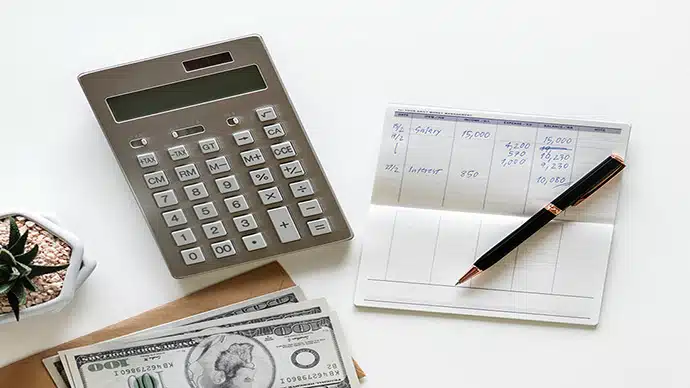
The decluttering craze has ebbed and flowed over the past few decades, but it seems to have reached a crescendo recently with the popularity of Marie Kondo’s KonMari Method currently airing on Netflix. In it (and the book that inspired the Netflix series), she tells viewers to go through their homes and rid themselves of anything that doesn’t “spark joy,” and millions of people are trying to follow her advice.
But Billshark would like to offer a few words of caution before you start pitching things out the front door.
Think before you throw
Who among us doesn’t pine for a Pinterest-worthy house, a place so neat and clean it literally sparkles, ready to receive guests at a moment’s notice? It’s a worthy goal, but—as with so many things—it’s easy to go overboard.
Ask your parents about their moms penchant for decluttering, and all the baseball cards, Barbie dolls, and GI Joes she tossed, which are now going for hundreds of dollars on eBay. Most of us have probably had the experience of throwing something out, only to find we need it months, weeks, or even days later. Then it requires a trip to the store or lots of searching and clicking online to replace it.
The classic refrain among the professional organizers is, “If you haven’t used it in a year, you don’t need it.” But if you give away that black suit or dress you haven’t worn in 12 months, what happens when Aunt Greta dies unexpectedly and you need something to wear to the funeral?
So one factor to consider when decluttering is how easy it will be to replace something you’ve gotten rid of but may need in the future. With the convenience of online shopping, it’s easier these days than in days past to buy what you need. But what about the expense of buying something you already had but gave away? Would it be smarter to devote a small amount of space in your closet or shelf to something that you may very well need 13 or 15 or more months from now, even if you haven’t used it in the last year?
Get cash for your stash
If you have the time to fondle every item in your home to see whether it “sparks joy,” you have the time to scope out places to sell the things you no longer want. Of course, you’ll think of eBay, Craigslist, Amazon, Facebook Marketplace, and similar sites. But here are some other options:
Electronics: Gazelle, Gizmogul, NextWorth, Decluttr
CDs, DVDs, Video games: SecondSpin, GameStop
Sports equipment: PlayItAgainSports, BigFitness
Books: Half, BookJingle, BookScouter, Chegg.com (for textbooks)
Clothing: ThreadFlip, Vinted, Tradesy, Poshmark
Jewelry: ThredUp, The RealReal
Furniture, home decor: Sotheby’s Home
Although online sales are undeniably convenient, you might end up getting more for your things if you do the legwork to sell it yourself, through yard sales, local consignment shops, and even pawn shops.
If you decide you don’t have time to sell your stuff (and can do without the extra cash) but just want it out of your house, many reputable charities will gladly take it. Just be sure to get a receipt for your donations for tax purposes.
Tame your inner shopper
Finally, rather than having to go through the time and trouble of decluttering, train yourself to resist bringing unnecessary items into your home in the first place. Just because something’s on sale, doesn’t mean it’s something you need to buy.
When you’re in the store or on the website is the time to apply Kondo’s “spark joy” rule. Ask yourself: “Do I really need/want this, or is it just the rush of scoring a great deal that makes me want to click the ‘buy now’ button?” Is it something you’ll use more than once? If not, it might make more sense to rent or borrow the item. Or maybe you can get it someplace else for less. And never buy a piece of clothing that doesn’t fit because you “know” it will once you lose those extra 10 pounds.
A clean, neat, organized home is something we’d all like to live in, but if you take the time to think through what you’re doing, you’ll end up saving money in the long run.
In addition to getting cash for your unwanted items, you can also get money when we find you hidden savings on your bills. Let our sharks take a look, and see how much we can save you each month.


